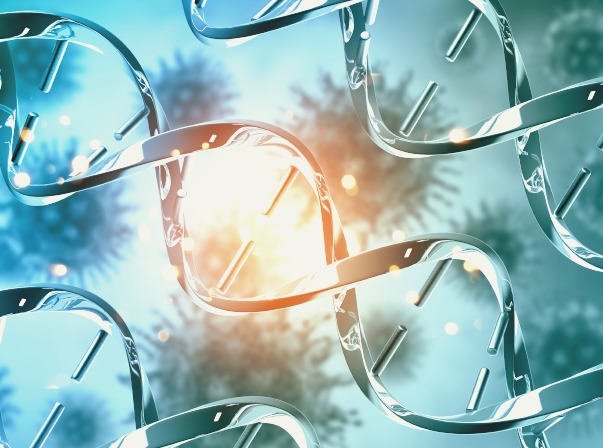
Karyotyping
- Tbilisi, 6th Quarter Digomi, 5a
Karyotyping is a cytogenetic examination that identifies both quantitative and structural chromosome disorders. This is the main, fast and reliable method of diagnosing chromosomal pathologies. For testing, venous blood is taken.
Karyotyping is an important stage in the preparation for pregnancy both in healthy couples and those who have problems with conception. A person may have changes in chromosomes that do not affect health, but in the future they may trigger developmental abnormalities in a child.
Indications for karyotyping
The examination of karyotype is indicated in the following cases:
- Woman age over 35
- Disorders of spermatogenesis in men (teratozoospermia, oligozoospermia, non-obstructive azoospermia)
- Habitual miscarriage (2 or more miscarriages in the early stages), stillbirths in a history
- Children or relatives in the family with identified chromosomal pathology
- Infertility, including unclear genesis
- Preparation for the IVF program
- Repeated unsuccessful IVF
- Assessment of the probability of occurrence of genetic disorders in the future child
Karyotyping results
Karyotype – a complete chromosome set – normally consists of 46 chromosomes, 23 pairs. 22 pairs are autosoma, identical in the male and female body, and the last pair are sex chromosomes, XY in men, and XX in women. Thus, the normal karyotype for a woman is 46XX, for a man – 46XY.
The following chromosomal abnormalities are possible:
- Changes in the number of chromosomes: trisomy (addition of extra chromosome in pair), monosomy (disappearance of one chromosome in pair).
- Changes in the structure of chromosomes: deletion (chromosome fragment loss), duplication (fragment doubling), translocation (transfer of a fragment to a new position), inversion (reversal of a fragment by 180 °)
Structural changes may not show up, but they may accumulate and be inherited, increasing the risk of a child with genetic changes.
If the examination revealed abnormalities, you need to consult a geneticist. The specialist will assess possible risks and offer solutions to the problem.
We invite you to SILK Medical for an examination of karyotype. We apply modern diagnostic methods and will do everything to ensure that your child is born healthy.

